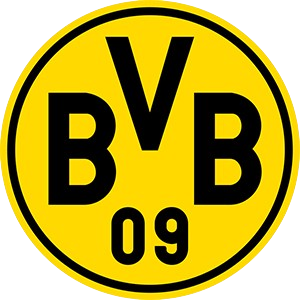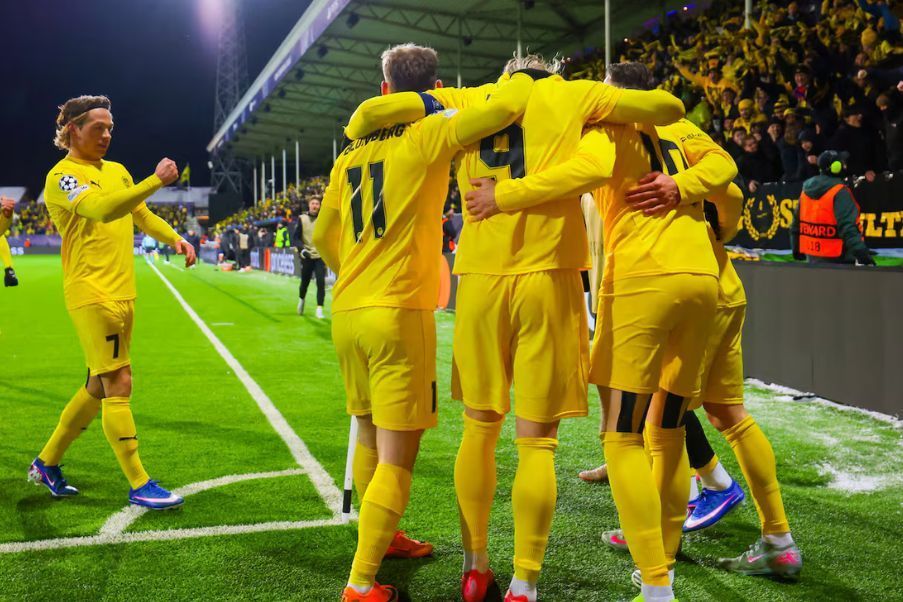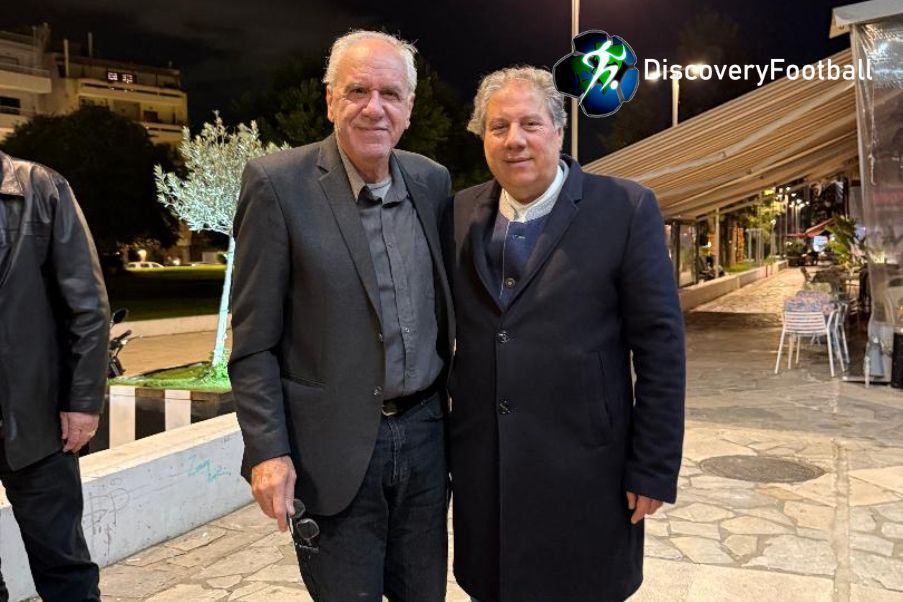Sven-Goran Eriksson, a true master of football, has passed away...
Eriksson, one of the leading coaches that Europe met in the 1980s, 1990 and 2000, breathed his last at the age of 76, at his home in Bjorkefors in the Varmland region.
Sven-Goran Eriksson, one of the leading coaches that Europe met in the 1980s and 1990s, who in 2001 became the first foreign coach to take charge of the England national team, which he led three times to the quarter-finals of the World Cup 2002, 2006 as well as in the 2004 European Championship, on the morning of Monday 26/8 he breathed his last at the age of 76, at his home in Bjorkefors in the Varmland region.
At the beginning of this year, Eriksson had announced with an emotional video that he had written at his home in Sweden while sitting in an armchair that he is suffering from end-stage pancreatic cancer, and a few days earlier he said goodbye to fans emphasizing "live your life, it's short ...". His condition last week showed a great deterioration, so he postponed the trip to London where he would see the documentary about his life prepared by Amazon. For the last year he has been staying at his home in Sweden reading books, listening to his beloved Aba and watching endless hours of football. In fact, in June, when he had the 17th European Championship, he watched 5 games in one day...
Sven Goran Eriksson was born on February 5, 1948 in Sune, Sweden. He had a rather indifferent career as a football player and left the field at the age of 25 as he did not present anything interesting as a right back. However, his love for football, led him to get involved in coaching. He started as an assistant coach of Degerfors , in the 3rd division of the Swedish league. In 1977 he was promoted to first coach and in his second season won promotion to the second division. In 1979 he made the big "leap" in his career by taking over (to everyone's surprise) Gothenburg, where he began to "make" his name. He won the Swedish Cup twice and in 1982 left football Europe speechless. Leading his team to win the UEFA Cup, with two wins in the final against Hamburg (that is, the team that a year later won the Champions Cup in Athens!).
Success with Gothenburg
Gothenburg's European triumph was the "passport" for Eriksson's... launch. In the same summer, he took over Benfica, with whom he won the same number of championships and a Portuguese Cup in two years, while he again reached the final of the UEFA Cup, this time losing the trophy to Anderlecht. The next "station" of his career was the championship and Roma, where he stayed for three years and celebrated an Italian cup, To follow a mediocre two years at Fiorentina and a return to Benfica, which he led to the final of the Champions Cup in 1990 (defeated 1-0 by Arrigo Sacchi's invincible Milan), while winning another championship. In 1992 he returned to Italy on behalf of Sampdoria, who had just come "one breath" away from the title of European champion (losing the final to Barcelona at Wembley).
He stayed five years in the Genoa team, but he was unable to lead the "blucerchiati" to similar successes. With the exception of winning the cup in 1994. In 1997 he took charge of Lazio (although he had initially agreed with Blackburn), where he celebrated very great successes: two cups and two Italian Super Cups, the Cup Winners' Cup (2-1 Mallorca in Birmingham ) and the European Super Cup in 1999. And especially the 2000 championship, just the second (and last to date) in the history of the Rome club.
Before even leaving Lazio, from where he was sacked in January 2001, Eriksson had agreed to take charge of the England national team, replacing Kevin Keegan. He made his debut on the bench of the "three lions" in February 2001, in a friendly against Spain (3-0) and met universal acceptance in September of the same year, thanks to the "deafening" 5-1 over the German national team in Munich . In games for the World Cup qualifiers. In 1999 and while he was the coach of Lazio, he created a relationship with the beautiful Italian woman, Nancy Dell Olio (she was married) and there was a stir from the English press, while a little later he had a relationship with Ulrika Jonsson and also his secretary at the English federation, Faria Alam…
Beckham's goal
To progress to the final stage, however, England needed David Beckham's foul in the final minutes of the match against Greece at Old Trafford, which drew 2-2 and gave them the ticket to the World Cup 2022 in the Far East. There the "three lions" reached the quarter-finals, where they were defeated 2-1 by (later trophy winners) Brazil. Their fate was similar at EURO 2004 and the 2006 World Cup, where they were defeated in the pennants on both occasions alti from Portugal. From one point on, the Swede was criticized for taking an overly conservative approach to the way a team played with a number of talented players, and as early as early 2006 the FA had announced that it would not be renewing his contract after the World Cup finals in Germany.
After a year-long break, Eriksson returned to the bench for Manchester City, where he got off to an impressive start (indeed he was named the Premier League's top manager for the first month of the 2007-08 season), but lacked the same continuity and left at the end of the season.
He then had a failed stint with the Mexican national team, a spell as manager at Notts County and returned to the bench as Ivory Coast's national coach for the 2010 World Cup. He coached Leicester for a year in the Championship and completed the coaching his career in Chinese teams (Guangzhou R&F, Shanghai SIPG, Shenzhen) and the Philippine national team.
Although often criticized as a coach of results rather than spectacle, Eriksson significantly influenced the tactical development of football. Particularly during his time at Lazio, he implemented a mix of zone and man-to-man, with high-intensity pressing, which inspired many of the players he then had under his guidance. Among them, Diego Simeone, Simone Inzaghi, Roberto Mancini, as well as the current AEK coach, Matias Almeida, took cues from the Swede's tactics and used them in their subsequent coaching careers.
The end…
On the morning of Monday 26/8, sitting in the armchair of his wonderful house in Bjorkefors, he stayed there. As his two children, Lina and Johan, stated in an open letter:
"For a long time with a positive mind and great courage he fought his illness, but now it is over." The Prince of England, William emphasized: "A true master of football has left.", while Tord Gripp, his long-time right-hand man in many teams, said: "I need time to understand what happened..."
Strömberg: "He was liked by everyone"
Glenn Strömberg, 64, also remembers his coach, with whom he had to fight for six years of his career, with warmth.
"What makes Svennis great as a person is that he is so cool and humble. Despite all the success he had. I never heard that any player complained about Svennis. He was liked by all. He was himself all the time. Friendly and simple. No matter where he was" says Strömberg.

Manos Staramopoulos
Journalist and Analyst of International Football and Affairs
Chief Editor English Zone of Discoveryfootball.com
Athens (Greece)














